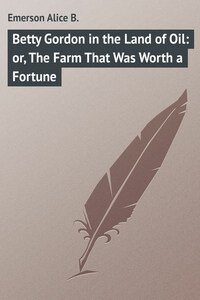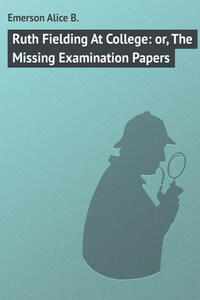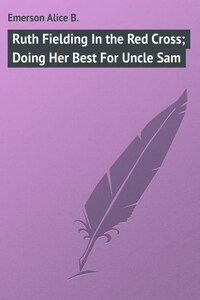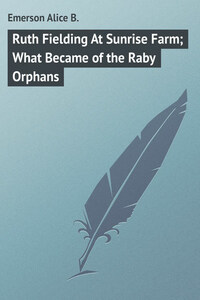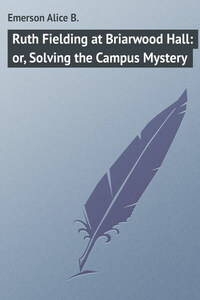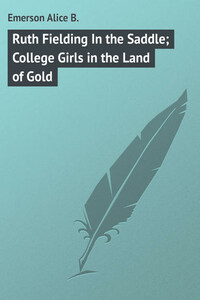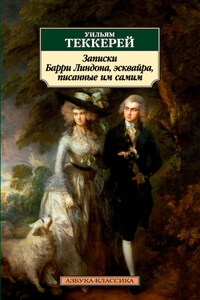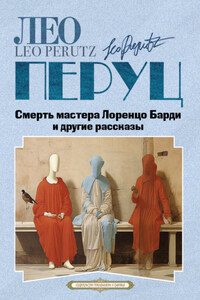CHAPTER I
BREAKFAST EN ROUTE
“There, Bob, did you see that? Oh, we’ve passed it, and you were looking the other way. It was a cowboy. At least he looked just like the pictures. And he was waving at the train.”
Betty Gordon, breakfasting in the dining-car of the Western Limited, smiled happily at Bob Henderson, seated on the opposite side of the table. This was her first long train trip, and she meant to enjoy every angle of it.
“I wonder what kind of cowboy you’d make, Bob?” Betty speculated, studying the frank, boyish face of her companion. “You’d have to be taller, I think.”
“But not much thinner,” observed Bob cheerfully. “Skinny cowboys are always in demand, Betty. They do more work. Well, what do you know about that!” He broke off his speech abruptly and stared at the table directly behind Betty.
Betty paid little attention to his silence. She was busy with her own thoughts, and now, pouring golden cream into her coffee, voiced one of them.
“I’m glad we’re going to Oklahoma,” she announced. “I think it is heaps more fun to stop before you get to the other side of the continent. I want to see what is in the middle. The Arnolds, you know, went direct to California, and now they’ll probably never know what kind of country takes up the space between Pineville and Los Angeles. Of course they saw some of it from the train, but that isn’t like getting off and staying. Is it, Bob?”
“I suppose not,” agreed Bob absently. “Betty Gordon,” he added with a change of tone, “is that coffee you’re drinking?”
Betty nodded guiltily.
“When I’m traveling,” she explained in her defense, “I don’t see why I can’t drink coffee for breakfast. And when I’m visiting – that’s the only two times I take it, Bob.”
Bob had been minded to read her a lecture on the evils of coffee drinking for young people, but his gaze wandered again to the table behind Betty, and his scientific protest remained unspoken.
“For goodness sake, Bob,” complained Betty, “what can you be staring at?”
“Don’t turn around,” cautioned Bob in a low tone. “When we go back to our car I’ll tell you all about it.”
Bob gave his attention more to his breakfast after this, and seemed anxious to keep Betty from asking any more questions. He noticed a package of flat envelopes lying under her purse and asked if she had letters she wished mailed.
“Those aren’t letters,” answered Betty, taking them out and spreading them on the cloth for him to see. “They’re flower seeds, Bob. Hardy flowers.”
“You haven’t planned your garden yet, have you?” cried the astonished boy. “When you haven’t the first idea of the kind of place you’re going to live in? Your uncle wrote, you know, that living in Flame City was so simplified people didn’t take time to look around for rooms or a house – they took whatever they could get, sure that that was all there was. How do you know you’ll have a place to plant a garden?”
Betty buttered another roll.
“I’m not planning for a garden,” she said mildly. “You’re going to help me plant these seeds, and we’re going to do it right after breakfast – just as soon as we can get out on the observation platform.”
Bob stared in bewilderment.
“I read a story once,” said Betty with seeming irrelevance. “It was about some woman who traveled through a barren country, mile after mile. She was on an accommodation train, too, or perhaps it was before they had good railroad service. And every so often her fellow-passengers saw that she threw something out of the window. They couldn’t see what it was, and she never told them. But the next year, when some of these same passengers made that trip again, the train rolled through acres and acres of the most gorgeous red poppies. The woman had been scattering the seed. She said, whether she ever rode over that ground again or not, she was sure some of the seeds would sprout and make the waste places beautiful for travelers.”
“I should think it would take a lot of seed,” said the practical Bob, his eyes following two men who were leaving the dining-car. “Did you get poppies, too?”
“Yellow and red ones,” declared Betty. “The dealer said they were very hardy, and, anyway, I do want to try, Bob. We’ve been through such miles of prairie, and it’s so deadly monotonous. Even if none of my seed grows near the railroad, the wind may carry some off to some lonely farm home and then they’ll give the farmer’s wife a gay surprise. Let’s fling the seed from the observation car, shall we?”
“All right; though I must say I don’t think a bit of it will grow,” said Bob. “But first, come back into our coach with me; I want to tell you about those two men who sat back of you.”
“Is that what you were staring about?” demanded Betty, as they found their seats and Bob picked up his camera preparatory to putting in a new roll of film. “I wondered why you persisted in looking over my shoulder so often.”
Bob Henderson’s boyish face sobered and unconsciously his chin hardened a little, a sure sign that he was a bit worried.
“I don’t know whether you noticed them or not,” he began. “They went out of the diner a few minutes ahead of us. One is tall with gray hair and wears glasses, and the other is thin, too, but short and has very dark eyes. No glasses. They’re both dressed in gray – hats, suits, socks, ties – everything.”
